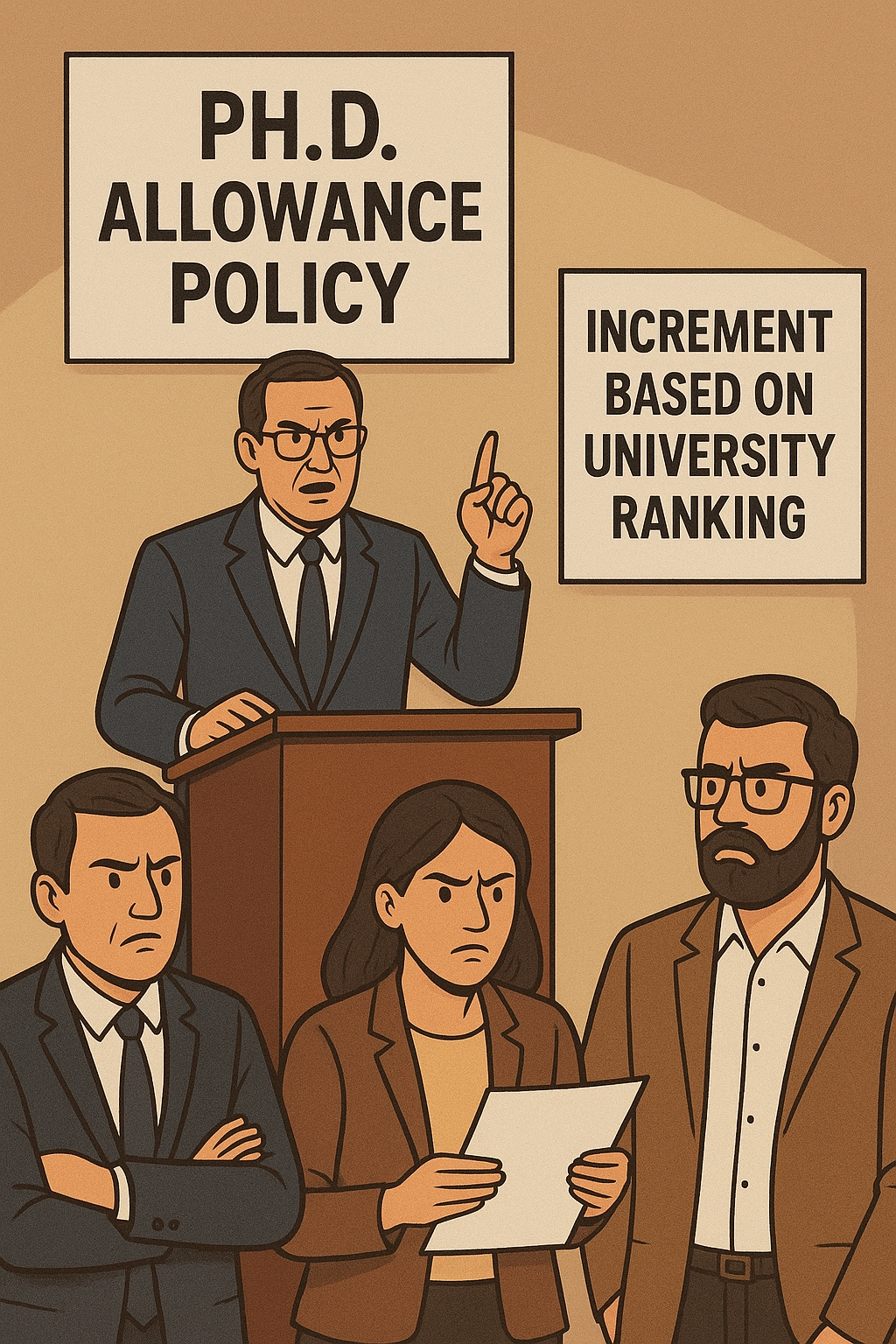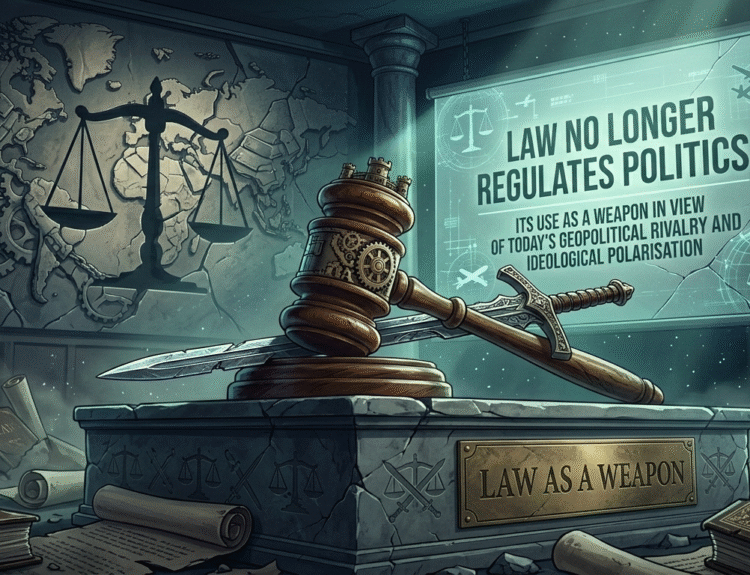By Rabia Mustafa
It is quite disappointing to see how a university, which should ideally be a center of fairness and academic excellence, is openly creating bias among its own faculty members. The recent policy announced by a renowned university in Pakistan reflects this mindset. According to their new framework, PhD allowance will now be distributed based on the ranking of the university from where the PhD was obtained. For example, those with a PhD from the top 100 QS-ranked universities will get a handsome increment, while those from lower-ranked or local universities will get far less.
Now, let’s pause and reflect. If the university truly believes that only those who studied at the top 100 institutions deserve high increments, then logically, they should also apply this principle to their students. Shouldn’t the fee structure be adjusted accordingly? For instance, students being taught by “top 100 qualified” teachers should pay higher tuition, while those being taught by Pakistani or “lower-ranked qualified” teachers should pay less. After all, if the university itself is admitting there’s a clear difference in quality, then why not extend this logic to what students are paying for?
- mostbet kz
- 1vin
- mosbet
- pin up casino
- mostbet casino
- mosbet
- lucky jet
- mosbet
- 1win
- mostbet online
- mostbet az
- 1 win
- mosbet az
- 1vin
- mosbet kz
- 1 win
- pinap
- 1 win casino
- 1win casino
- luckyjet
- pin up az
- mostbet kz
- mosbet casino
- mostbet online
- pinco slot
- 1vin casino
- aviator
- 1win
- mosbet
- pin up casino
- mostbet казино
- pin up
- pin up uz
Even more ironic is the fact that this very university is also producing its own PhDs. So, according to their own policy, the PhDs produced from their institution are not of “high level” because their university does not fall in those top international rankings. Isn’t that funny? It indirectly means they are devaluing their own PhD program. If they don’t believe their own graduates deserve equal recognition and increments, then why even run a PhD program at all?
This is an extremely narrow and flawed approach. A good teacher is not necessarily the one who comes from a top-ranking foreign university. A good teacher is someone with exceptional knowledge, passion for teaching, research skills, and the ability to inspire students. I have personally seen many foreign-qualified individuals who struggle in the classroom and deliver average teaching at best. On the other hand, some of the best mentors and researchers I’ve known are those who studied in Pakistan or in universities that don’t even appear in the QS ranking lists.
Of course, one cannot deny the impact of studying at a great university, exposure, resources, and networks definitely add value. But to reduce a teacher’s worth merely to the name of the university on their degree is unjust and short-sighted. If this trend continues, it will not only create unnecessary divisions among faculty but also undermine the contributions of many brilliant minds who worked tirelessly within Pakistan’s own academic ecosystem.
Universities should be raising standards by encouraging quality research, publications, and innovative teaching practices, not by creating tiers of worth based on QS rankings. This policy doesn’t reflect academic vision; it reflects an inferiority complex. And such complexes have no place in institutions that claim to be centers of learning.
Moreover, a good teacher isn’t defined by the QS ranking of their university, but by their knowledge, skills, and impact. Creating bias among PhD holders only undermines our own institutions. It’s time to value educators for what they bring to the classroom, not just the name on their degree.
——-
The writer is Senior Research Fellow at School for Law and Development. Can be contacted at rabia@sld.com.pk





